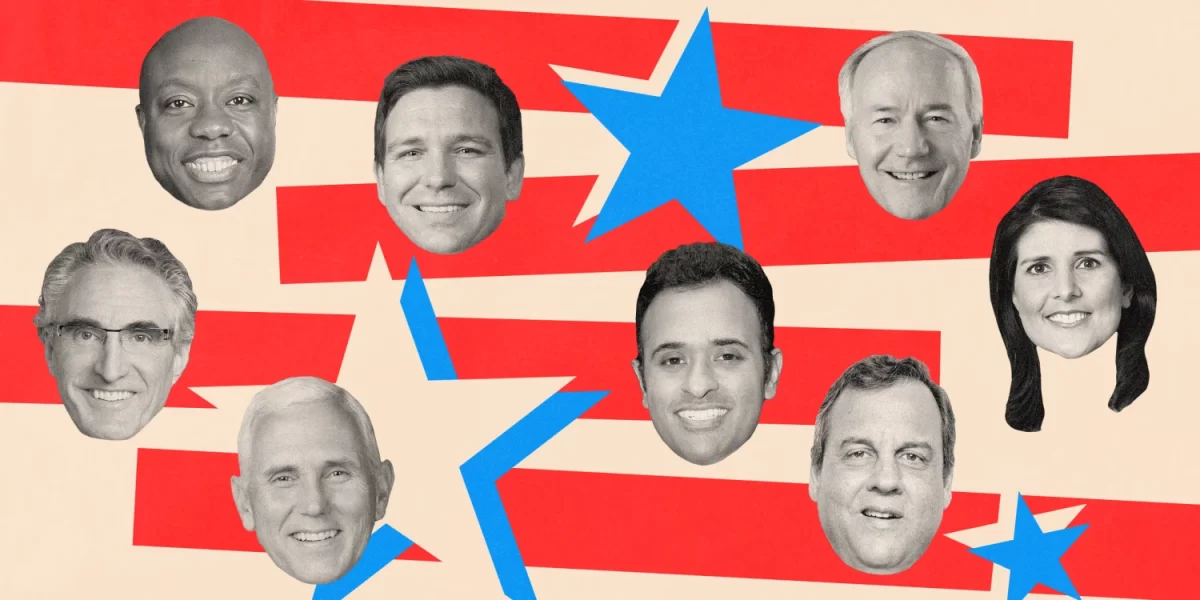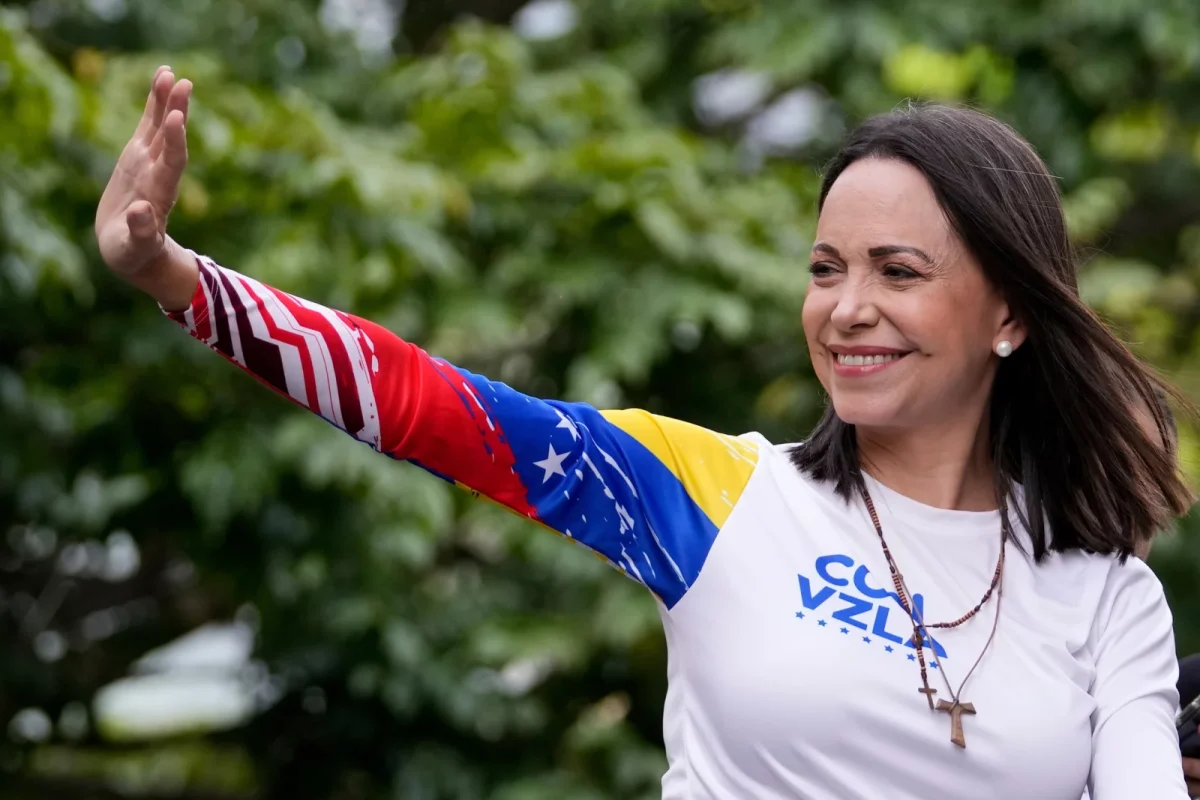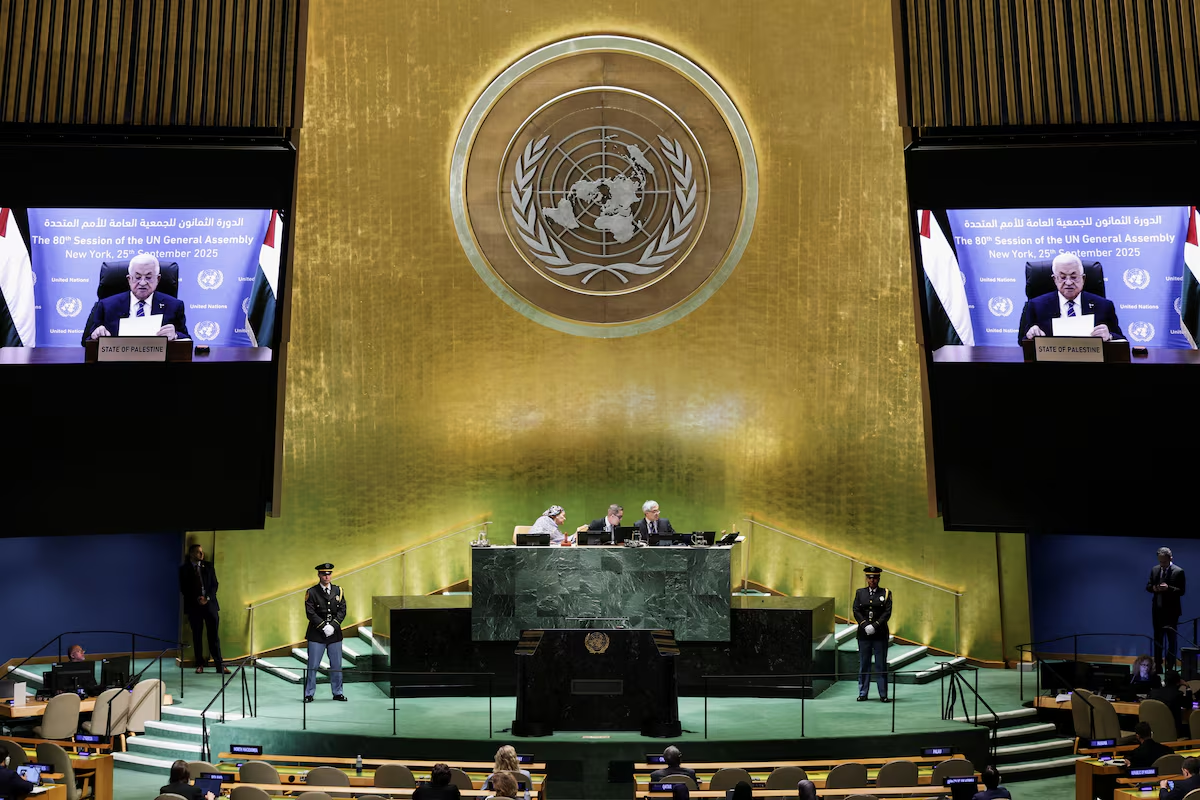The 2024 U.S. presidential election draws ever closer with the commencement of the Republican Party primary. Through a series of debates, Republican nominees will make their case for why they should be the one to face the Democratic nominee for presidential office.
Much like the Republican primary of 2016, the list of Republican candidates is rather large, with 12 candidates in the running. With so many Republican candidates, it’s difficult for many to understand each candidate’s platform.
Former President Donald Trump is currently leading the polls, attracting the majority of Republican support (52.7% on average). Some of Trump’s major actions while holding presidential office include his proposed and unfinished wall on the Mexico-U.S. border and his “trade war” with China that put tariffs on many Chinese goods.
Trump’s controversies led to an indictment hearing for possible crimes committed relating to the Jan. 6 Capitol riot and other election interference matters.
Ron DeSantis, Republican Governor of Florida, currently runs behind Trump in popularity in the polls with 13.3% support on average. DeSantis has already made some big changes to Florida, such as signing a bill banning abortion after six weeks and a ban on classroom instructions on sexual orientation and gender identity.
One of DeSantis’s main policy issues is border security, admonishing the number of undocumented immigrants in America.
DeSantis also argues illegal immigration has hollowed out the wages of the American working class due to undercutting from cheaper labor.
DeSantis seeks much stricter policy action in response to immigration, such as forcing asylum seekers to remain in Mexico while their claims are being processed and ending the right to citizenship to the children of undocumented immigrants.
The next candidate, Vivek Ramaswamy, polling at 7.6% support, is notable for being the youngest candidate at 38 with a unique policy of civic duty voting. This would mean Americans ages 18 to 25 would not be allowed to vote unless they served in the military or held a first responder role for six months or if they had passed a civic knowledge test.
Ramaswamy also declared his intent to shut down the so-called “administrative state” such as the Department of Education and the Federal Bureau of Investigation.
Nikki Haley is fourth in the polls at 5.8% support. Haley lists little information on what she supports. Instead, Haley prefers to reference her past achievements.
Haely has a strong focus on foreign policy. Throughout her campaign, Haley has harshly criticized China, Biden’s response to the Ukrainian War and the nuclear deal with Iran during the Obama administration.
The next candidate is former Vice President Mike Pence, polling at 4.7% support, who is passionate about expanding federalism to put more control in the hands of states and schools. This would allow states to control how federal welfare is distributed and give land owned by the federal government back to states.
The Republican Party candidates will face off in their next debate on Sept. 27. For more updates on the Republican Party primary, visit the FiveThirtyEight webpage.









